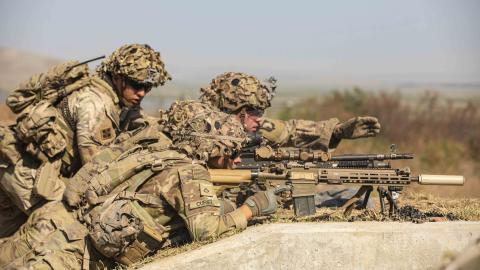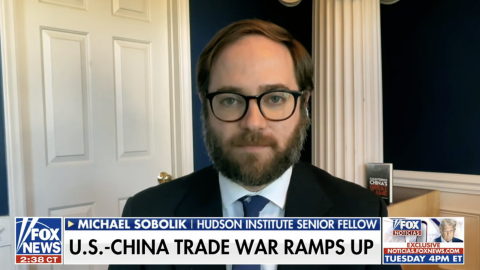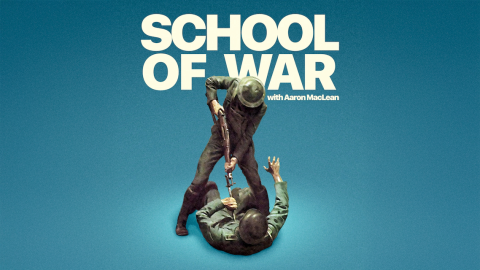
30
June 2010
Past Event
Can Counterinsurgency Work in Afghanistan?
Can Counterinsurgency Work in Afghanistan?
Past Event
Hudson Institute, Washington, D.C. Headquarters
June 30, 2010
Share:

Related Events
21
April 2025
In-Person Event | Hudson Institute
The Situation in Afghanistan and America’s Interests in the Region
Featured Speakers:
Gen. John M. Keane
Ali Nazary
Lisa Curtis
Luke Coffey
Moderator:
Jeremy Hunt

21
April 2025
In-Person Event | Hudson Institute
The Situation in Afghanistan and America’s Interests in the Region
A panel of experts will discuss the future of Afghanistan and US interests in South and Central Asia.

Featured Speakers:
Gen. John M. Keane
Ali Nazary
Lisa Curtis
Luke Coffey
Moderator:
Jeremy Hunt
29
April 2025
Virtual Event | Online Only
India’s Role in the Global Economy
Featured Speakers:
Nirmala Sitharaman
Walter Russell Mead

30
April 2025
In-Person Event | Hudson Institute
Rebuilding America’s Maritime Industrial Base with Senators Mark Kelly and Todd Young
Featured Speakers:
Senator Todd Young
Senator Mark Kelly
Michael Roberts
Bryan Clark

30
April 2025
In-Person Event | Hudson Institute
Rebuilding America’s Maritime Industrial Base with Senators Mark Kelly and Todd Young
Hudson will welcome Senators Mark Kelly (D-AZ) and Todd Young (R-IN) to discuss their proposal to restore America’s shipping and shipbuilding industries to help deter Chinese aggression.

Featured Speakers:
Senator Todd Young
Senator Mark Kelly
Michael Roberts
Bryan Clark
30
April 2025
In-Person Event | Hudson Institute
Strategy in Motion: The Policies and Tactics of Modern Warfare | Political Studies Policy Certificate Program
Featured Speakers:
Garrett Exner
Rachel Mackey
Brendan McBreen

30
April 2025
In-Person Event | Hudson Institute
Strategy in Motion: The Policies and Tactics of Modern Warfare | Political Studies Policy Certificate Program
The Hudson Institute Political Studies Policy Certificate Program gathers talented early career professionals for advanced study of American foreign and domestic policy and national security, led by policy experts and experienced government officials.

Featured Speakers:
Garrett Exner
Rachel Mackey
Brendan McBreen
























